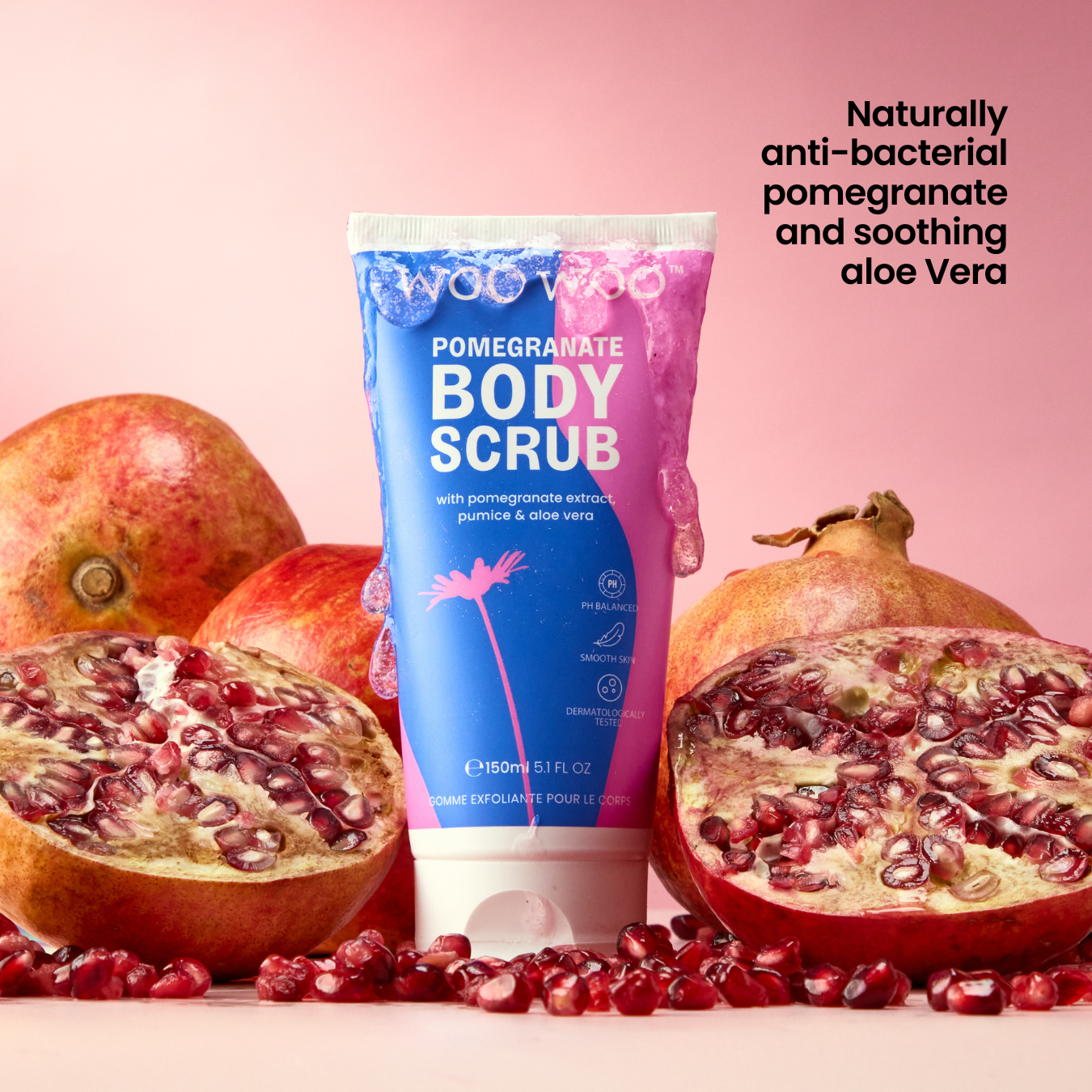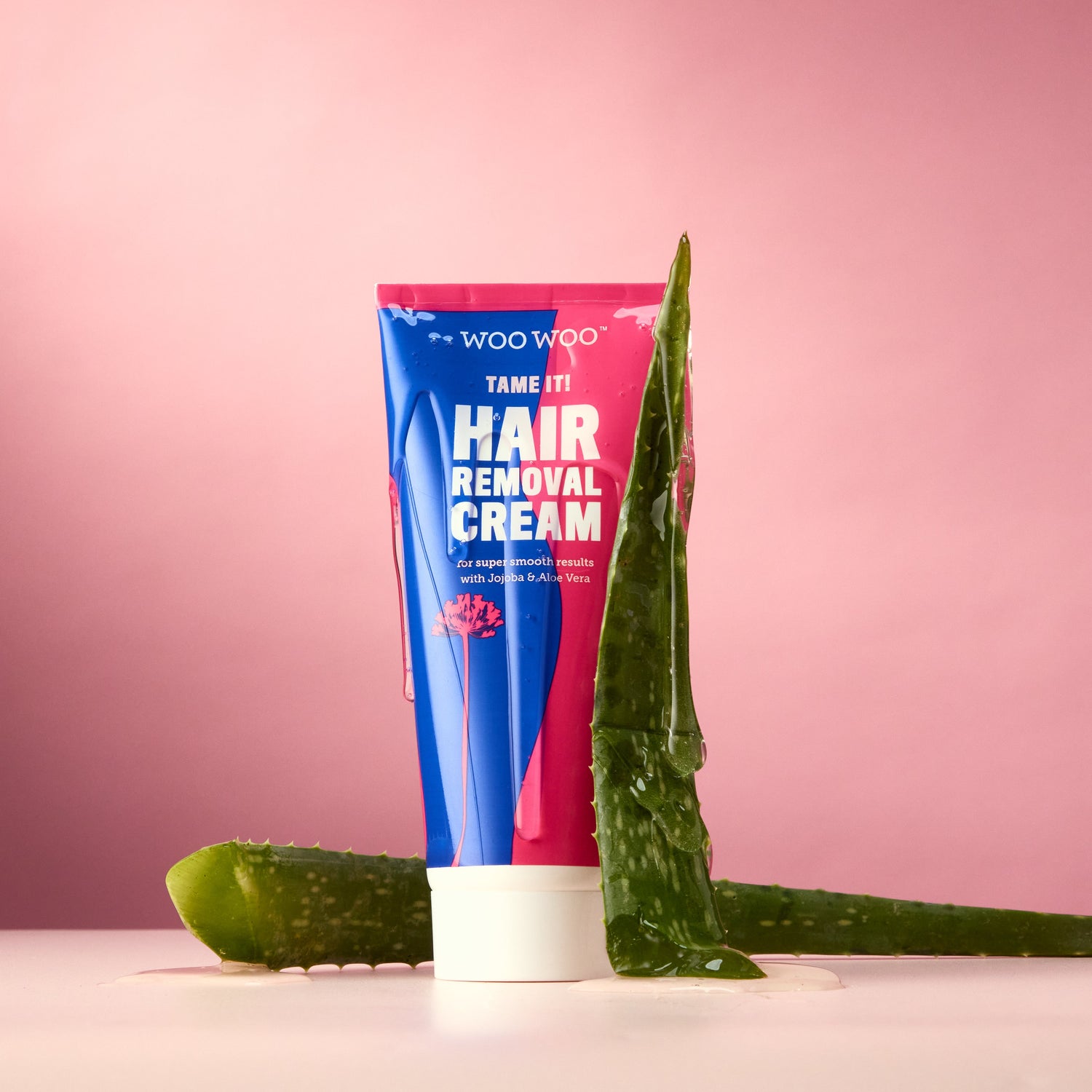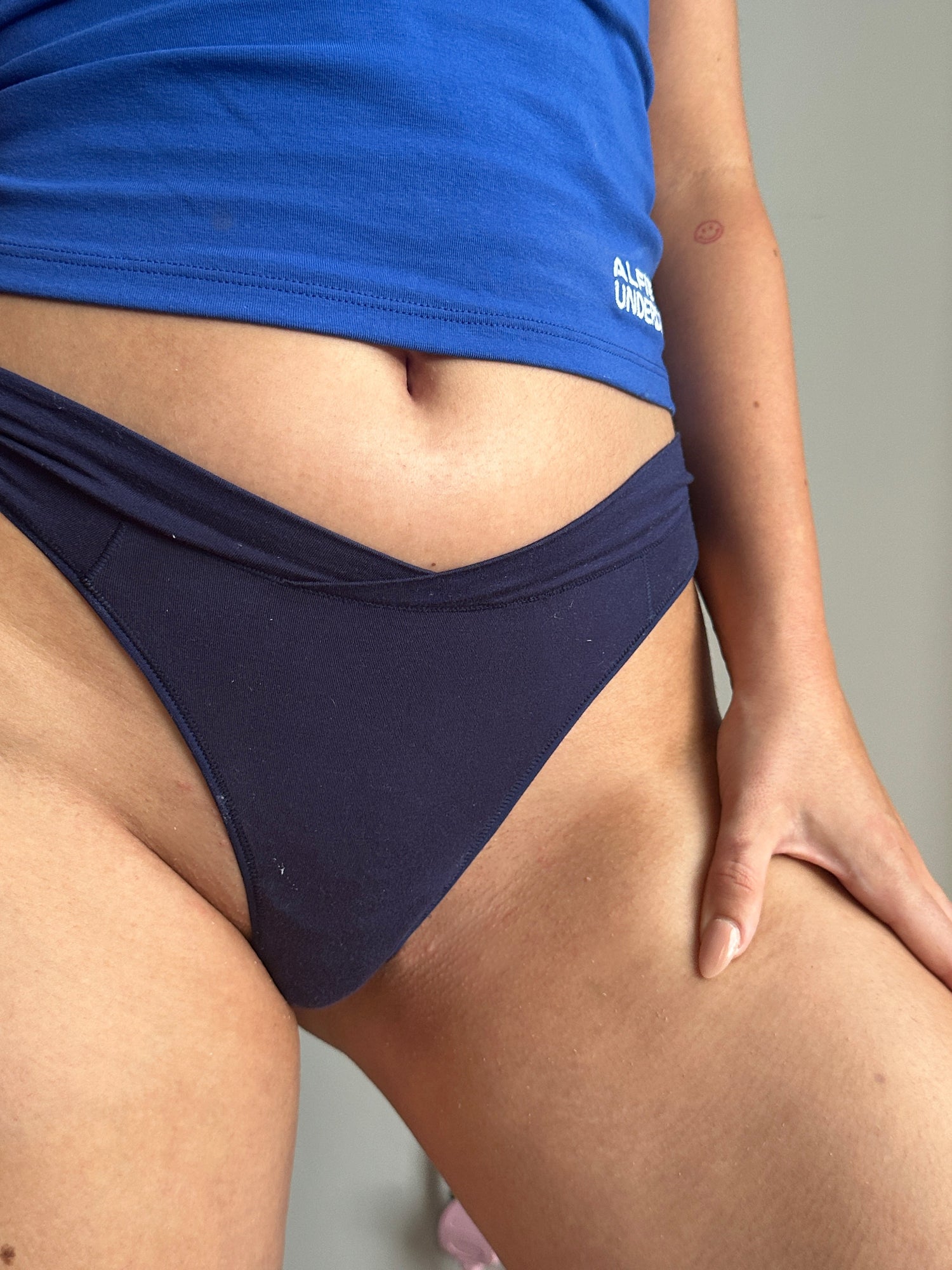
There’s no doubt about it - our bodies are amazing! We have so much to thank mother nature for (hello magical button made purely for pleasure). For vagina owners though, we can feel we’ve been dealt a bad hand when we encounter a dreadful bout of thrush or cystitis. In that time, all you can think about is how much you took for granted when your vagina felt NORMAL, and you’re longing for that moment to return (internal happy dance). Let’s be honest, when you hear that one of the gals is suffering from a UTI, you really do feel their pain. Sisterhood unite. ✊
Let’s get down to the nitty-gritty - UTI's.
You can also also help any yeast issues with our Happy V-Day supplement.
Cystitis usually clears up in a few days, however, sometimes antibiotics are needed. So, when should you see the GP?
According to the NHS, you should seek advice and treatment if:
- You're not sure whether you have cystitis
- Your symptoms don't start to improve within 3 days
- You get cystitis frequently
- You have severe symptoms, such as blood in your urine
- You're pregnant and have symptoms of cystitis
If you’ve had cystitis before and don't feel you need to see a GP (you’ve learned how to nip it in the bud yourself through unfortunate practice), or you’ve had mild symptoms for less than 3 days, you can try some self-help tactics.
- Take over-the-counter painkillers, such as paracetamol or ibuprofen (always read the information leaflet to check whether you can take it / check with a pharmacist if you're not sure)
- Water is your new BFF. Drink plenty of water (this can help flush the infection out of your bladder and some people find it helpful)
- Don't have sex until you're feeling better as it may make the condition worse = vagina off limits
Thrush
Thrush is a common yeast infection that affects both men and women. It's usually harmless, but it can be uncomfortable, not to mention seriously annoying when it comes back regularly (just like that guy that keeps slidin’ into your DM’s).
According to the NHS, in women, thrush can present itself with:
- White vaginal discharge (like cottage cheese), which does not usually smell
- Itching and irritation around the vagina
- Soreness and stinging during sex or when you pee
You should seek advice if:
- You have the symptoms of thrush for the first time
- You're under 16 or over 60
- Your thrush keeps coming back (more than twice in 6 months)
- Treatment has not worked
- You're pregnant or breastfeeding
- You have thrush and a weakened immune system – for example, because of diabetes, HIV or chemotherapy
So, how do you treat thrush?
One popular yeast infection remedy is an apple cider vinegar bath. When you add it to a lukewarm bathtub and soak for 20 minutes, the acidic component of the vinegar can eliminate any harmful microorganisms, including yeast - do not douche with it, just sit in the bath. Garlic is another common suggestion for self-help treatment of yeast infections HOWEVER some advice is to insert the garlic inside the vagina. Burns and pain have been reported by people who have tried this, so please stick to adding some extra garlic to your stir fry instead.
You'll usually need an antifungal medicine. This can be a tablet you take, a tablet you insert into your vagina (pessary), or a cream to relieve the irritation. It should clear up within a week, after 1 dose of medicine or using the cream daily, and you do not need to treat partners unless they have symptoms too (it is not a sexually transmitted infection). If you suffer from recurring thrush (more than twice in 6 months), you may need to take treatment for longer (for up to 6 months).
If you’re a thrush regular (sending love to you and your WooWoo), and you know the symptoms, you can pop to your local pharmacy to get some antifungal medication over the counter. If you feel embarrassed/uncomfortable, you can ask to speak in a private area - they’ve got yo’ back! Your GP or sexual health clinic can help identify if there is a reason behind your thrush recurring, such as your period or sex. Getting to the bottom of your issues can be such a huge relief, so get checked out.
If you have thrush, the NHS recommends doing the following to ease discomfort / prevent it returning:
- Use water and emollient (like E45 cream) instead of soap to wash the affected area
- Dry properly after washing
- Wear cotton underwear
- Take showers instead of baths
- Avoid sex until thrush has cleared up – if you do have sex, use a condom to help stop it spreading
We’re sending love to all the vaginas facing some struggles, we’ve all been there and it is not nice! As always babes, it's important to get help from a GP if you need it! To contact your GP surgery, you should: visit their website / use the NHS App / call them. If you have any topics you’d like us to cover, please get in touch - we’d love to hear from you.
Follow us on socials to keep up to date with all things for you and your Woo.





